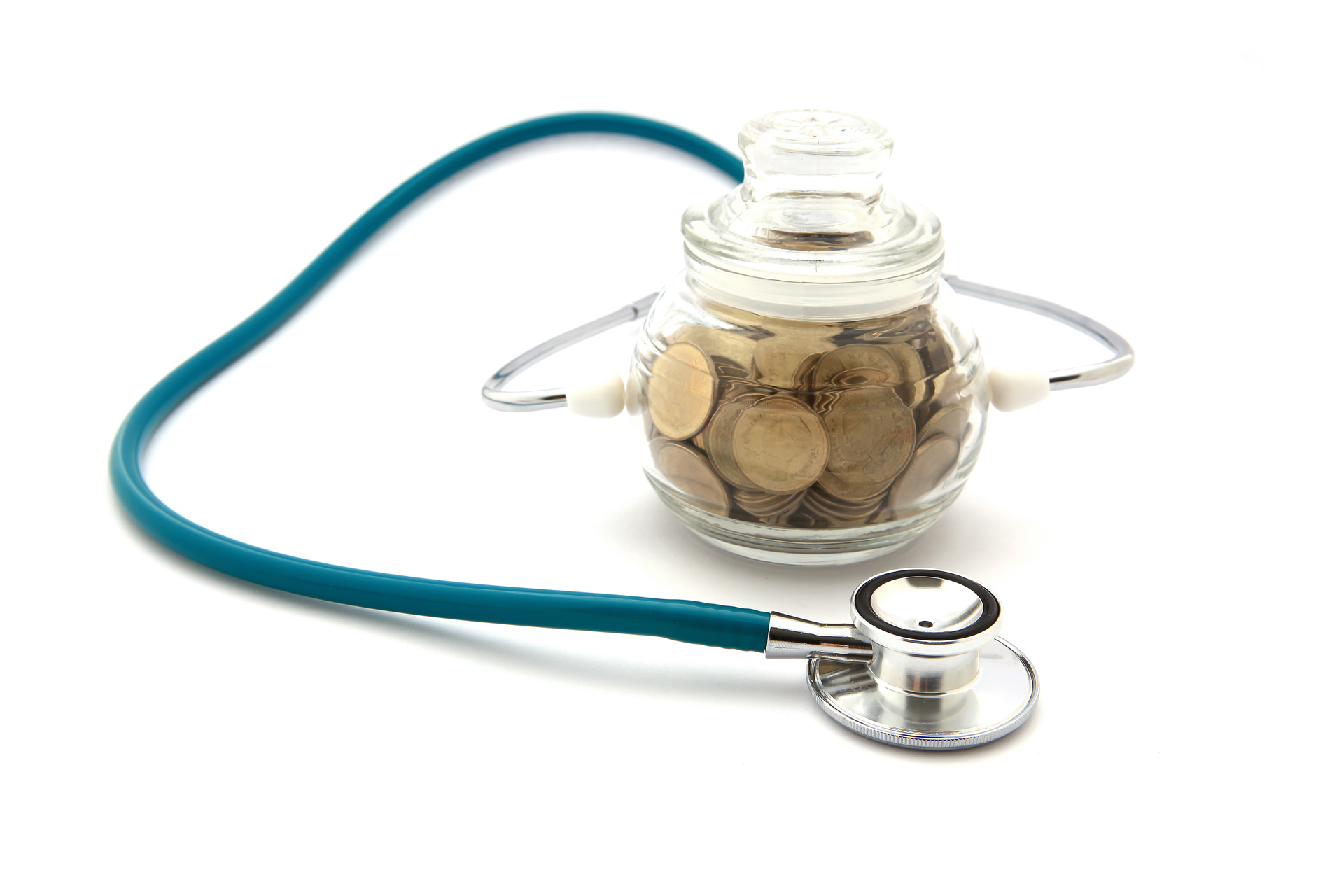Savings & Emergency Accounts

Saving money is an important financial habit that everyone should adopt. Not only does it help you achieve your financial goals, but it also provides a cushion in times of unexpected emergencies. This is where an emergency fund comes in.
An emergency fund is a sum of money set aside to cover unexpected expenses or income loss, such as a medical emergency, car repairs, or job loss. It is important to have an emergency fund to avoid incurring debt or using credit cards, which can lead to high-interest charges and financial stress.
So, how much should you save for an emergency fund? The general rule of thumb is to have three to six months' worth of living expenses saved. This means that if your monthly expenses are $3,000, your emergency fund should be between $9,000 and $18,000. However, the amount you need may vary depending on your job security, income stability, and other factors.
To build an emergency fund, start by setting a savings goal and making it a priority. One way to do this is to automate your savings by setting up a direct deposit from your paycheck into a separate savings account. This way, you won't be tempted to spend the money and can watch your emergency fund grow over time.
In addition to having an emergency fund, it is also important to save for other financial goals, such as retirement or a down payment on a house. When deciding where to allocate your savings, it's important to prioritize based on your needs and goals.
To save for retirement, consider contributing to a 401(k) or IRA account. These accounts offer tax advantages and can help you build a significant nest egg over time. If you're saving for a down payment on a house, consider a high-yield savings account or a certificate of deposit (CD) to earn higher interest rates.
In conclusion, saving money is a crucial financial habit that everyone should adopt. An emergency fund is an important part of any savings plan and can help you avoid financial stress in times of unexpected events. Start small and make saving a priority, and watch your savings grow over time. Remember, financial security starts with smart saving habits.

